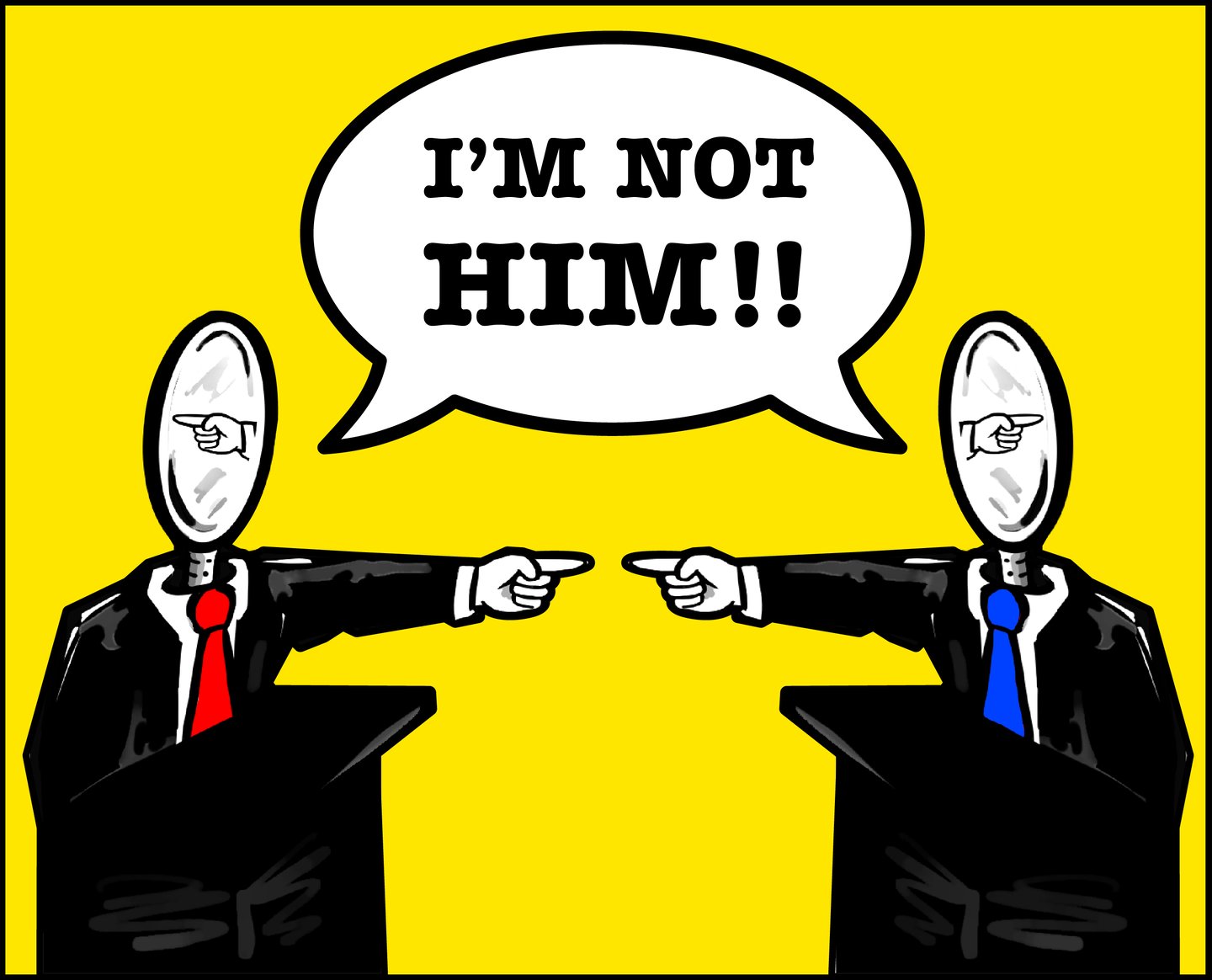Background
Raised on Manhattan's Upper West Side, there were many blessings to count during my upbringing. A loving family, good health and a relatively stable environment. In a city like New York -- which attracts people from all over the country and world -- one quickly realizes that not everyone agrees on the best ways to live and conduct business.
Public school up through college, and most summers Upstate in the Hudson Valley. In 2007 Dr. Ron Paul's presidential primary campaign introduced me to Libertarianism, the novel idea that people can get along by not forcing their personal preferences on others, but just agreeing to the bare essentials for order and prosperity.
In 2017 my family and I moved Upstate to the Harlem Valley, where our hearts were. In 2018 Larry Sharpe ran for Governor of New York, proposing innovative, tax-neutral and private-sector solutions to pressing issues. Based on Mr. Sharpe's tireless example, I stepped up to advocate for these voluntaryist ideas and to build an organization strong enough to represent them effectively.
My observations on politics and culture have been published, nationally syndicated and translated into multiple languages. I have been invited to lecture on these topics at colleges, to emcee events and have been interviewed numerous times via internet and radio.
Hopefully you find value here, visitor!


My Philosophy
Current political discourse is a race to the bottom. The typical candidate rarely proposes actual policy solutions but instead just fear-mongers about how bad his opponent will be if elected. This alienates many voters, leading to signficant absenteeism at the polls. Most citizens actually want to vote for someone rather than against someone.
The two-party system is what makes possible this scenario. As soon as you introduce a third candidate to the mix, suddenly the formula stops working so well. In a three-way race, if one candidate fear-mongers about another, then all he does is make the third candidate look better by comparison. In this three-way race, a candidate actually has to distinguish himself by offering a better record and/or more attractive solutions. Instead of elections going to the lesser of two evils, participation by a third candidate induces the other two candidates to offer better ideas.
This effect is achieved with any real third party, or multiple parties. Obviously my preference is that it be the Libertarian Party, but if there is another (like the Green Party) which participates in general elections, then political discourse will be improved all around.
To this end, though I advocate towards voluntaryist solutions no matter through whom or how they are implemented, much of my activism seeks to build the brand of the Libertarian Party, which is by far the most philosophically consistent.
My vision
A professionalized party which seeks to advance Liberty in all it does. No endless revising of bylaws and platforms... the only thing which matters is how much Liberty we deliver to voters.
Unapologetic messaging of Libertarian values to the electorate. There is a subtle yet profound difference between communicating an idea which offends someone, and communicating an idea to offend someone. Those who cannot grasp this distinction have no place messaging the public.
No more boot-heads, neck-beards and pink-tiaras. The party has moved beyond satirical candidates content to be a punchline. Nothing short of Liberty is on the line, so it's time we actually value our time by running serious candidates whose vanity takes a back seat to the goal.
No more cannibalism. Against the mainstream, our numbers are too low to alienate the pool of volunteers and donors. Discipline is required to internalize dissent since sympathetic voters are lost at the faultlines.
No party resources will be devoted to any endeavor without clear, quantifiable goals within predefined time frames. Experimentation is fine as long as progress against results is thoroughly documented.
The cultural war must be fought and won, but the party's objective is to elect Libertarians to public office. The party wins its war by showing mainstream voters that our representatives when elected can successfully influence public policy in a more Libertarian direction.
Finally and importantly, if we stand for nothing, then we'll fall for anything. No more Bill Welds or others who use us as a flag of convenience. Short-term electability should never come at the price of long-term credibility.


My Influences
Dr. Ron Paul gold-pilled me in 2007. Many are the thinkers to whom he introduced me, but a representative sample would include Drs Ludwig von Mises, Murray Rothbard, Milton Friedman, F. A. Hayek, Thomas Sowell and Tom Woods.
Politically, I greatly admire Larry Sharpe for many reasons, chief amongst which is his orientation towards results. Another style of activism I admire is that practiced by Pat Ford in Rhode Island, which involves journalism to exert pressure on officials for public transparency. Special mention should also go to Carla Gericke, the Free State Project's president emeritus, who is a great messenger for our values.
Many are those achieving admirable results in the cultural medium, amongst whom I would name Connor Boyack, whose series The Tuttle Twins introduces youthful readers to Libertarian values. Similarly Jack Lloyd and The Pholosopher, who present our ethics through their books, videos and superbly illustrated Voluntaryist Saga comics. Finally, this list would be incomplete without worthy mention of comedian Lou Perez, whose comedy flips the script on progressive narratives to reveal glaring inconsistencies in philosophy.
